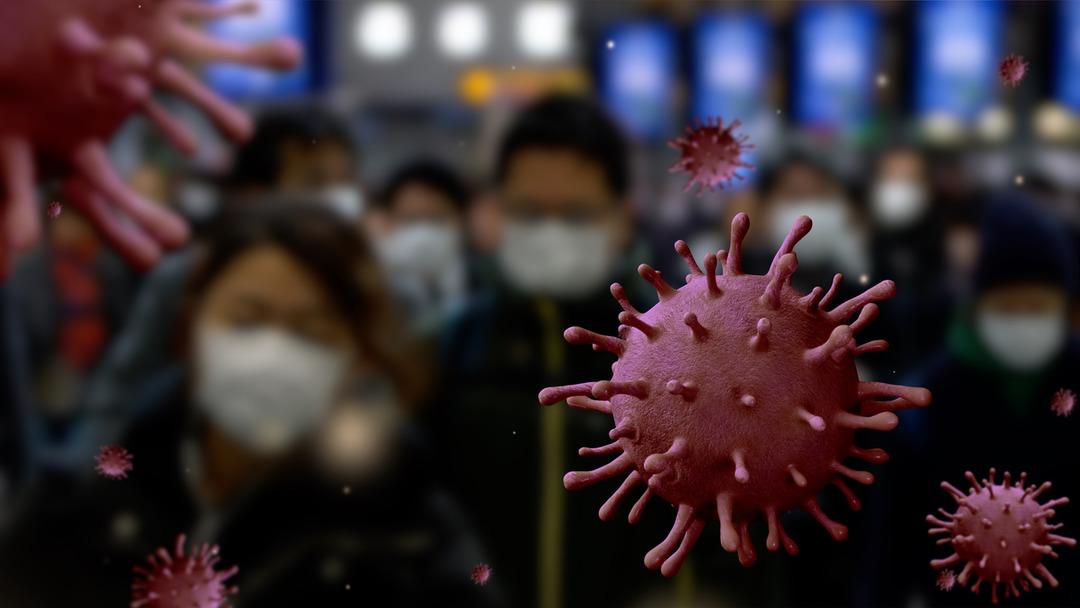İKÇÜ Atatürk Training and Research Hospital, Department of Infectious Diseases, Faculty Member Prof. Dr. Alper Şener drew attention to the increase in upper respiratory tract infections and made statements.
Stating that we have reached the middle of the winter season, which starts on December 1, Prof. Dr. Alper Şener said, “We see that the number of infection cases has increased by half compared to 1-2 months ago. In particular, we started to see muscle, joint pain, nasal and postnasal drip, and nasal congestion frequently in the majority of applications. A significant portion of them have Covid 19 or influenza A or B.” We think that there are various virus factors and viral factors, especially influenza types, enterovirus, adenovirus, in the cases you randomly select.
Among these, it is important to distinguish influenza, especially in the elderly, especially if they are not vaccinated and antiviral treatment is not started.
Because in the early stages of what we call flu, we prevent lung stroke with the antiviral treatment you receive in the first 72 hours. Because viral pneumonia can be severe, especially in the patient group over the age of 65. With the severe condition, people may face clinical conditions severe enough to be admitted to intensive care. Unfortunately, we are currently faced with viral cases that are severe enough to require daily intensive care. Some of them are hospitalized. “We are faced with severe clinical conditions, some of which require admission to intensive care,” he said.
‘IT IS IMPORTANT TO START ANTIVIRAL TREATMENT IN THE FIRST 72 HOURS’
For this reason, Prof. emphasized that it is important to start antiviral treatment in the first 72 hours. Dr. Şener said, “There are some points for us to distinguish influenza from other viral agents. The most important is that the muscle and joint pain is more pronounced. Then, it is added to the runny nose and congestion. If the disease cannot be controlled, wheezing cough and inability to expectorate sputum, difficulty in sputum. More If it becomes widespread, respiratory distress and oxygen demand occur. In emergency services, we are faced with clinical conditions that progress to the point of requiring oxygen, especially in the early stages of the disease. “If the person is not vaccinated, there is a high probability of getting influenza,” he said.
‘THERE IS AN EPIDEMIC OF BIRD FLU AND OTHER SHARE FLU’

Giving examples from around the world, Prof. Dr. Alper Şener said, “There is currently a serious epidemic of Influenza A and B in the European Union countries and the United States. There is an epidemic of bird flu and other types of swine flu. There is also a more widespread epidemic of Human metapneumovirus in China. Turkey In fact, we are at a transition point between Europe and Asia. We are faced with a viral situation that can cause both Influenza A and B and human metapneumovirus, which can cause widespread lung inflammation. If we think it is a super infection, it is necessary to follow up with antibiotic treatment. Another important thing is the cough that does not go away. Especially in the cough symptoms that last for 2-3 weeks, there is a serious burning, stinging and dry cough in the throat that can last for weeks. “It can cause serious problems,” he said.
‘WEAR A MASK’ RECOMMENDATION

Prof. also made suggestions to the citizens. Dr. Alper Şener said, “Especially when you enter closed spaces. Especially when you enter an elevator, hospital or a healthcare facility, it is necessary to stay away from the surroundings as much as possible. Especially in public transportation, subways, buses, elevators, hospitals or crowded units, when entering a crowded place, you must cover your mouth and nose. “You need to wear a mask in this way. This practice is very important because it is a barrier precaution. When you take precautions, the barrier may not prevent the virus from passing completely, but if you get fewer virus particles or bacteria, it will be slightly eliminated,” he said.
(DHA)
